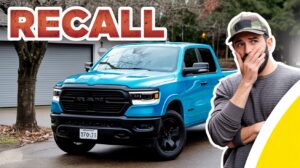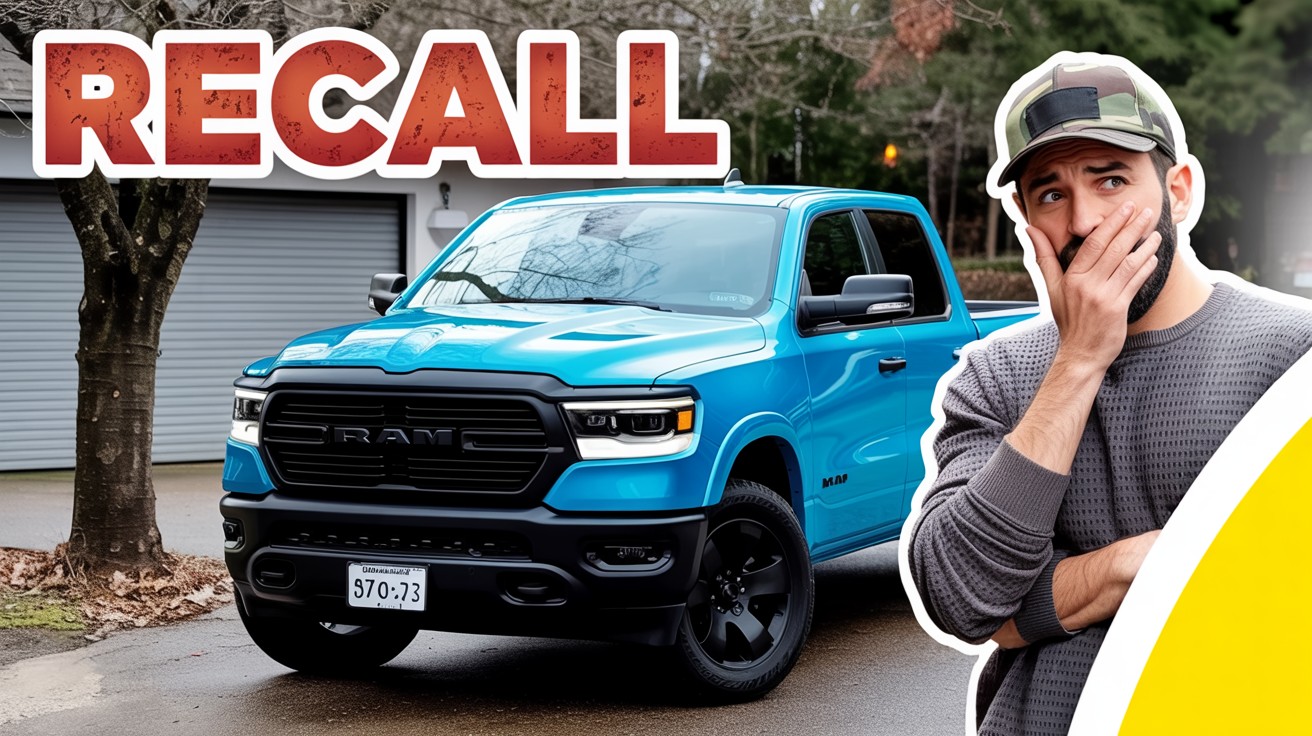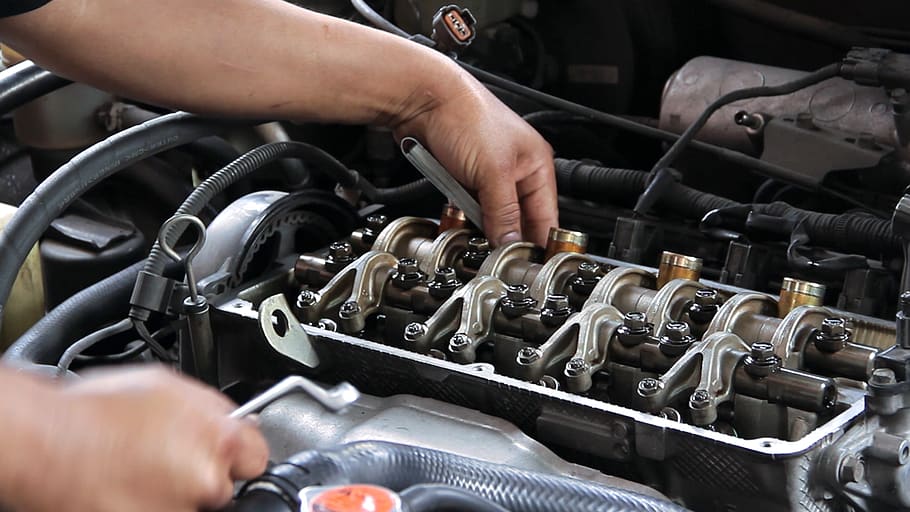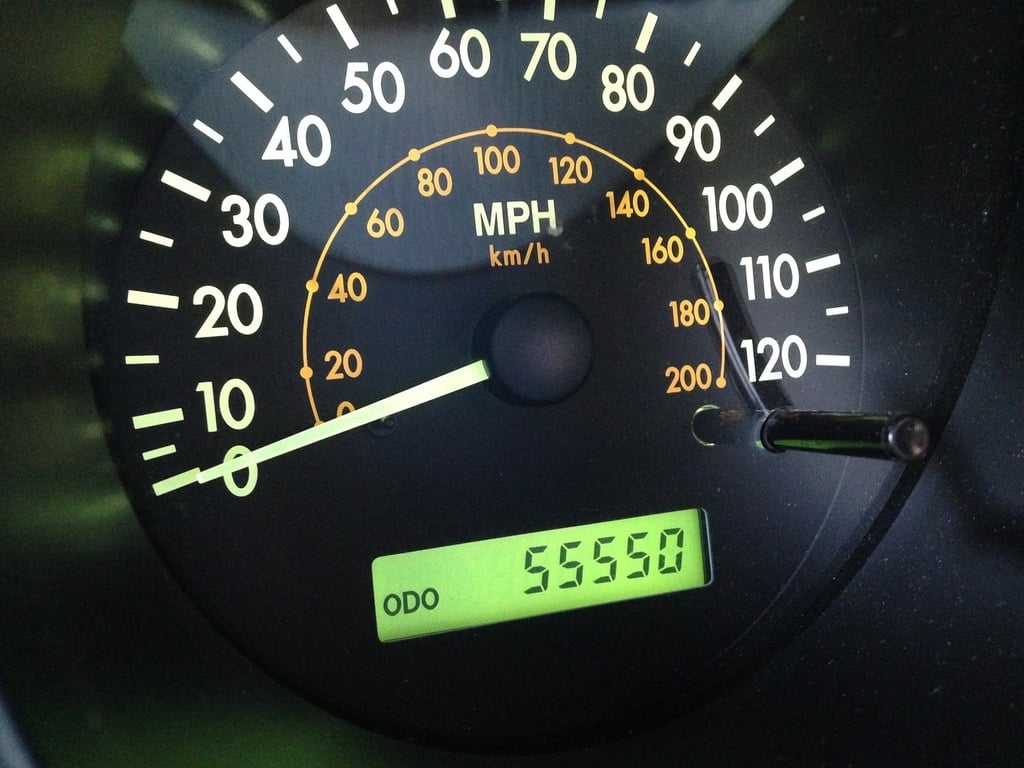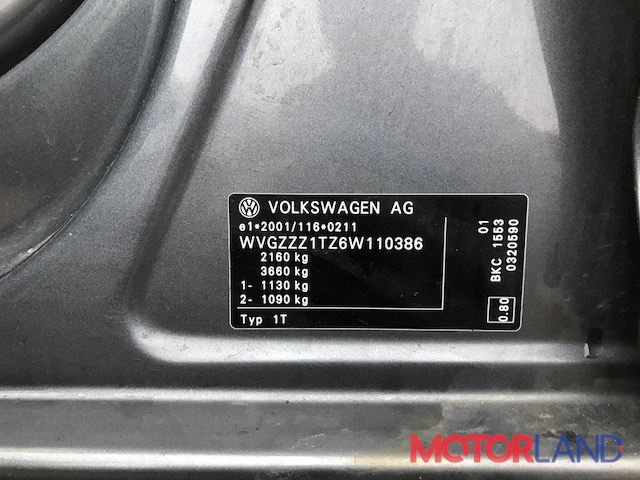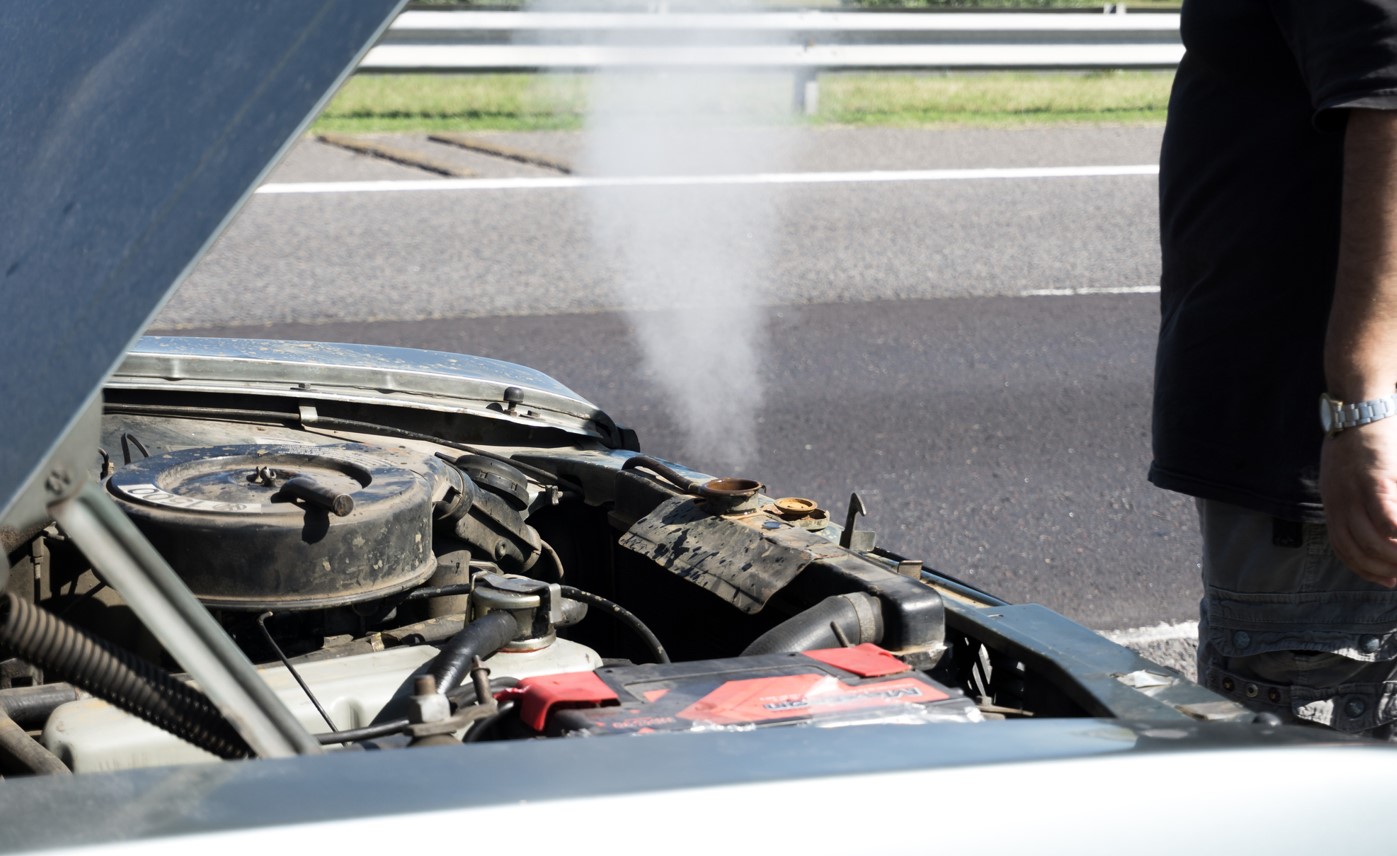Expanding your car search beyond state lines opens up inventory that local dealers can’t match, but it introduces regulatory landmines that can turn your dream purchase into a paperwork nightmare. Skip these crucial steps, and you’ll discover that saving a few thousand means nothing when you can’t legally register your new ride—like buying a turbocharged engine without checking if your transmission can handle the power.
Research Your Home State’s Requirements First
Before falling in love with that perfect Mustang GT in Arizona, verify that it meets your home state’s emissions and safety standards. California and states following CARB regulations maintain strict requirements that can make certain vehicles impossible to register legally.
Think of emissions compliance like engine compression ratios—what works in one environment can cause catastrophic failure in another. Check your DMV’s website for requirements.
Get an Independent Vehicle History Report
Never trust a seller’s word—obtain your own CarFax, AutoCheck, or TrueCar report using the VIN. Even platforms like Carvana and Vroom provide these reports, though they’re hardly immune to hiding unflattering details.
Pay special attention to title brands like “salvage,” “rebuilt,” or “flood damage” that might not be disclosed. A problematic report should send you running faster than a cracked head gasket.
Arrange Professional Pre-Purchase Inspection
Distance makes visual inspection challenging, so hire a qualified mechanic near the vehicle’s location. This typically costs $150-300 but can save thousands by identifying mechanical issues not visible in photos.
Trust but verify—Instagram filters work on car photos too.
Secure Insurance Before Taking Possession
Most states require proof of insurance for vehicle registration, so contact your insurance provider before completing the purchase. Provide the VIN and planned registration date to obtain proper coverage.
Missing this step is like driving without oil pressure—everything seems fine until it catastrophically isn’t.
Handle Sales Tax and Documentation Correctly
You’ll pay sales tax based on your home state’s rate, not the purchase state’s rate. Many dealers can collect your home state’s sales tax and provide documentation, but private sellers typically cannot.
Ensure you receive a clear title and bill of sale. Verify that all liens are properly resolved before completing the transaction, as unresolved liens create legal headaches.
Obtain Temporary Registration for Transport
If driving the vehicle home, secure temporary registration or transit permits from the purchase state. These permits typically last 30-90 days and allow legal operation while you complete registration.
Consider professional vehicle transport if distance is substantial. Transport costs range from $500-2000 depending on distance—expensive, but cheaper than impound fees.
Budget for All Hidden Costs
Beyond the purchase price, factor in sales tax, registration fees, temporary permits, and transportation costs. Out-of-state purchases often include additional documentation fees that can add hundreds to your cost.
Sometimes a higher local price eliminates enough hassle to make staying in-state the smarter choice—like choosing naturally aspirated reliability over temperamental forced induction.




